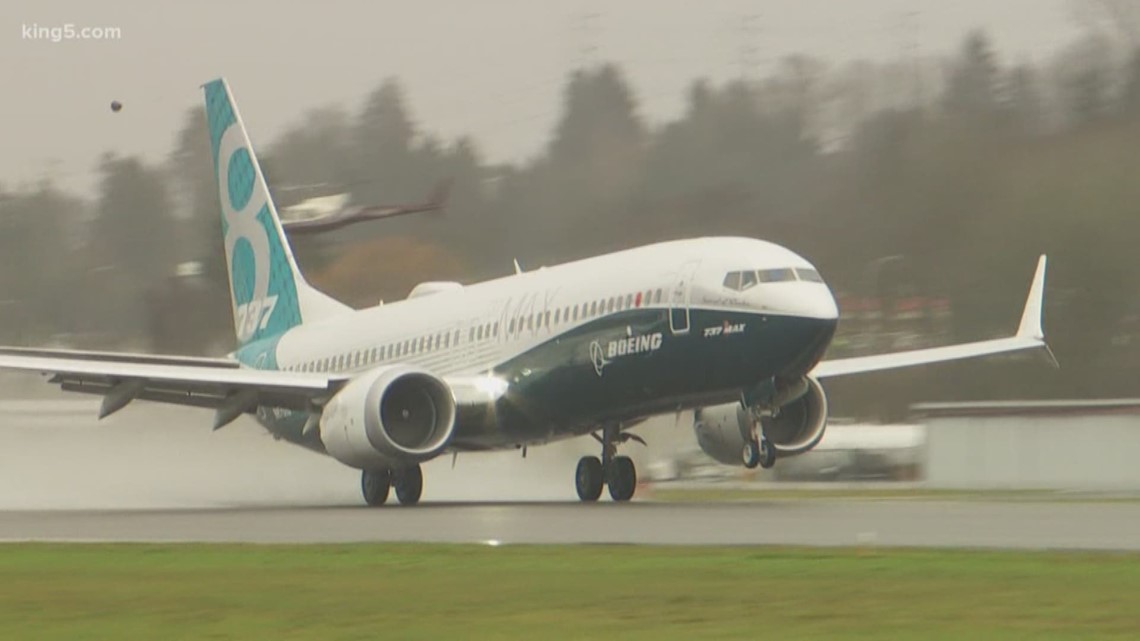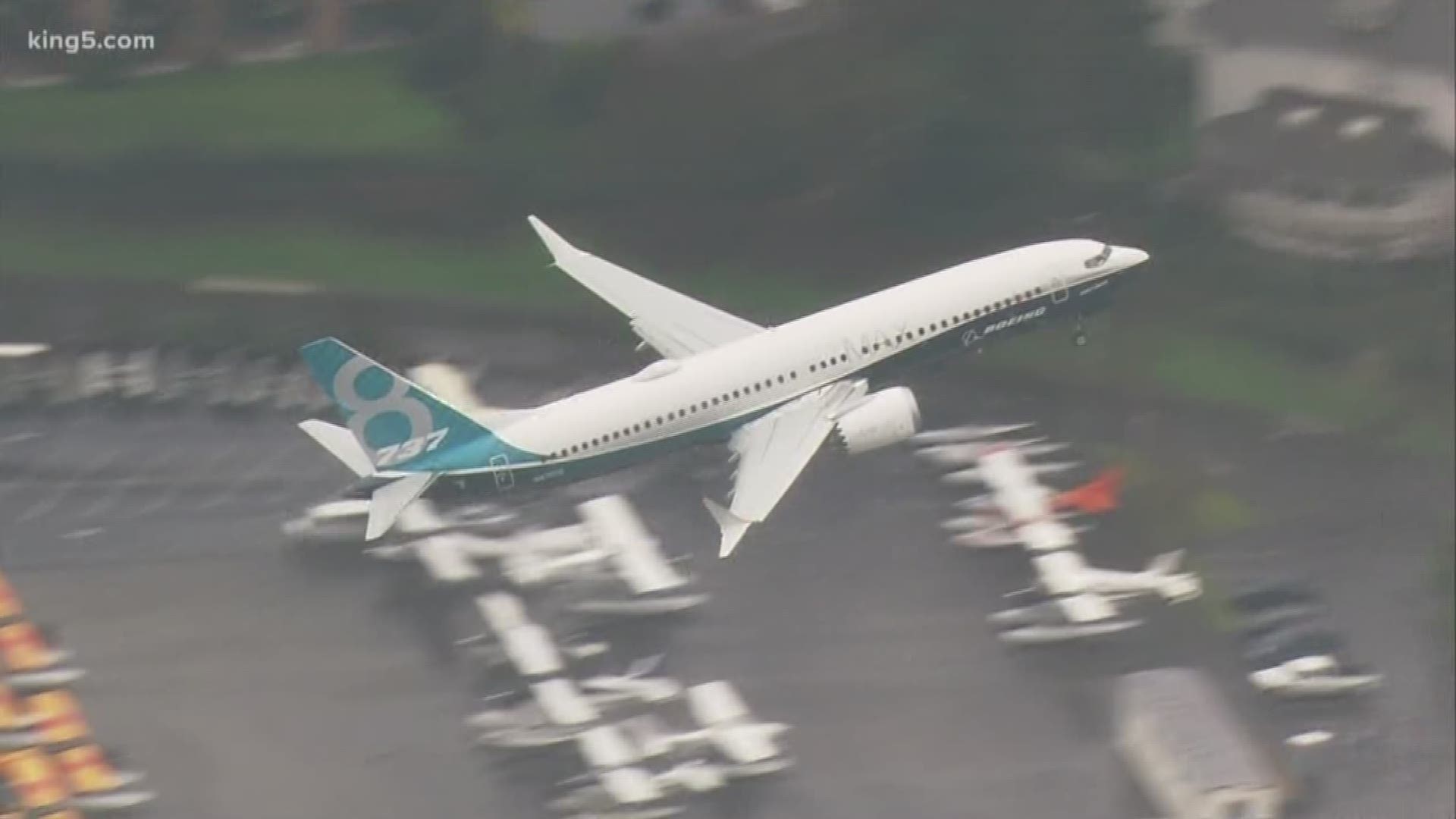SEATTLE — Congress is looking for answers after Boeing released a trove of documents showing, in some cases, disdain for regulators like the Federal Aviation Administration (FAA), deceit, and internal conflict among those working on the 737 MAX introduction training for pilots.
"We're gonna question whether or not we've received all of the documents we should have received," said Oregon Congressman Peter DeFazio.
DeFazio is the head of the House Transportation Committee leading the congressional investigation into the two Boeing 737 MAX jets that crashed, killing 346 people, and now the newly-released documents from inside Boeing.
The documents were released to some news organizations Thursday night, but Congress received them on December 23, 2019.
“This airplane is designed by clowns who in turn are supervised by monkeys,” one employee wrote. Names of the employees who wrote the emails and text messages were redacted.
"Boeing has lost its way, and this didn't start at the bottom. It started at the top," said DeFazio.
A deeper dive into the documents shows how rigid the company was in maintaining its position that airlines could smoothly integrate the MAX into airline fleets with little additional pilot training and little additional costs, a major selling point for the MAX.
"I want to stress the importance of holding firm that there will not be any type of simulator training required to transition from the NG to the MAX. Boeing will not allow that to happen,” an employee said in an email that was released with the documents. “We'll go face-to-face with any regulator who tries to make that a requirement."
In an about-face last week, Boeing said it is now calling for simulator training for pilots as part of getting the fleet of 737 MAX jets, which have now been grounded for 10 months, airborne again.
"I am deeply concerned by what is revealed in these newly-released communications," said Washington Sen. Maria Cantwell, the ranking Democrat on the Senate Committee on Commerce, Science, and Transportation. “They indicate a motivation to work around the FAA and foreign regulators and to de-emphasize any differences between the 737 NG and MAX to prevent stricter training requirements. Safety can’t be short-changed by concerns with schedules or training costs.”
But DeFazio said the situation was so bad that the existence of the MCAS system, which is blamed as the common cause between the two crashes of the virtually new 737 MAX jets in October of 2018 and March of 2019, was not only kept from pilots, but also from regulators to avoid any additional training requirements.
"We do know on high, they were told, 'you produce a plane where there is no pilot training required,' and even in this case that meant concealing a very dangerous system from the FAA and the public,” said DeFazio.
An investigation found that MCAS could malfunction and cause the nose of the plane to point down toward the Earth based on bad sensor data. DeFazio said pilots overloaded by alarms and warnings were overwhelmed and could not react properly to turn off trim switches or make other corrections to controls to save their airplanes and passengers.
"It's not a question of 'if' we're going to change how the 737 MAX is certified, it is a question of what changes we are going to make to the certification process," said Washington Representative Rick Larsen, who heads the House Aviation Subcommittee.
Larsen said too much of the oversight of the 737 MAX was delegated to Boeing employees who were required to represent the FAA, even though they were paid by the company. Larsen said that kind of work needs to come back inside the FAA.


